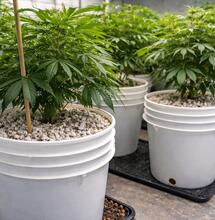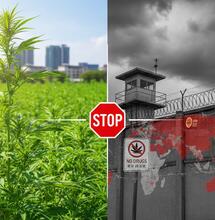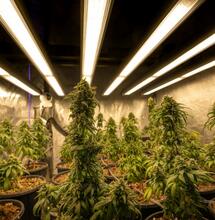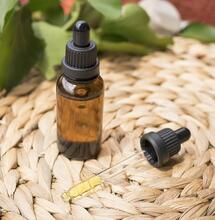Hemp Production Declined in 2022
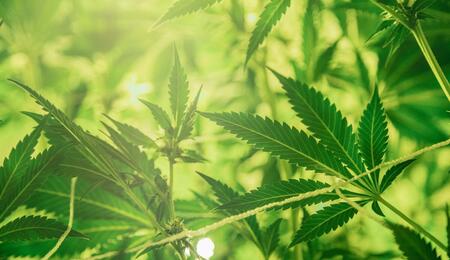
A new report from the U.S. Department of Agriculture (USDA) shows that hemp plunged during the last year. Stakeholders say the main reason to blame is the inaction from the Food and Drug Administration (FDA), with the agency refusing to issue regulations for CBD products.
USDA's National Hemp Report points out considerable losses in the value and cultivation of hemp in every assessment that the department made throughout 2022.
The report shows that hemp production value in the U.S. concluded at $238 million last year, sinking 71 percent compared to 2021.
A total of 28,314 acres of industrial hemp were cultivated in the open last year, almost 50 percent less than the previous year, 2021.
Floral hemp production decreased by 66 percent, grain hemp fell by 44 percent, fiber hemp declined by almost 35 percent, and seed hemp and hemp clones/transplants plummeted by over 90 percent.
The USDA mailed thousands of hemp farmers across the U.S. to compile the data at the beginning of this year, 2023. The department began surveying farmers as part of an annual effort to learn more about how the hemp market progresses following the introduction of the 2018 Farm Bill, under which hemp became legal.
Some may say the industry figures presented in the latest report are owing to the fact that hemp is a newly legal industry. Still, stakeholders following market trends say the USDA numbers signal a substantial decline resulting from a lack of regulations around hemp-derived cannabinoid products and similar federal restrictions.
The market has most likely shrunk because the FDA has refused to create rules to allow the marketing of CBD as dietary supplements or food items, despite repeated calls from stakeholders, lawmakers or advocates.
The FDA has expressed a view where it said the existing regulatory framework for other dietary supplements and food additives would not work for CBD and that the agency wants to "work with Congress on a new way forward."
With no FDA-approved way to market CBD goods as dietary supplements or in the food supply, hemp cultivators have been left in a liminal space where they cannot fully profit from what's apparently the most lucrative part of the plant.
USDA launched its first annual survey in 2021 and released a report detailing "benchmark" industry figures in the year after. The "benchmark" survey found that the hemp market's value reached $824 million in 2021, and about 54,200 acres of hemp were being cultivated around the country at that time.
Overall, the department is asking farmers and producers questions about their plans for outdoor hemp cultivation, acreage of operations, the various uses of their crops, and product prices from which the cultivators can profit. The questionnaire gathers data on multiple types of products, including smokable hemp, CBD extracts, grain for human consumption, fiber and seeds.





